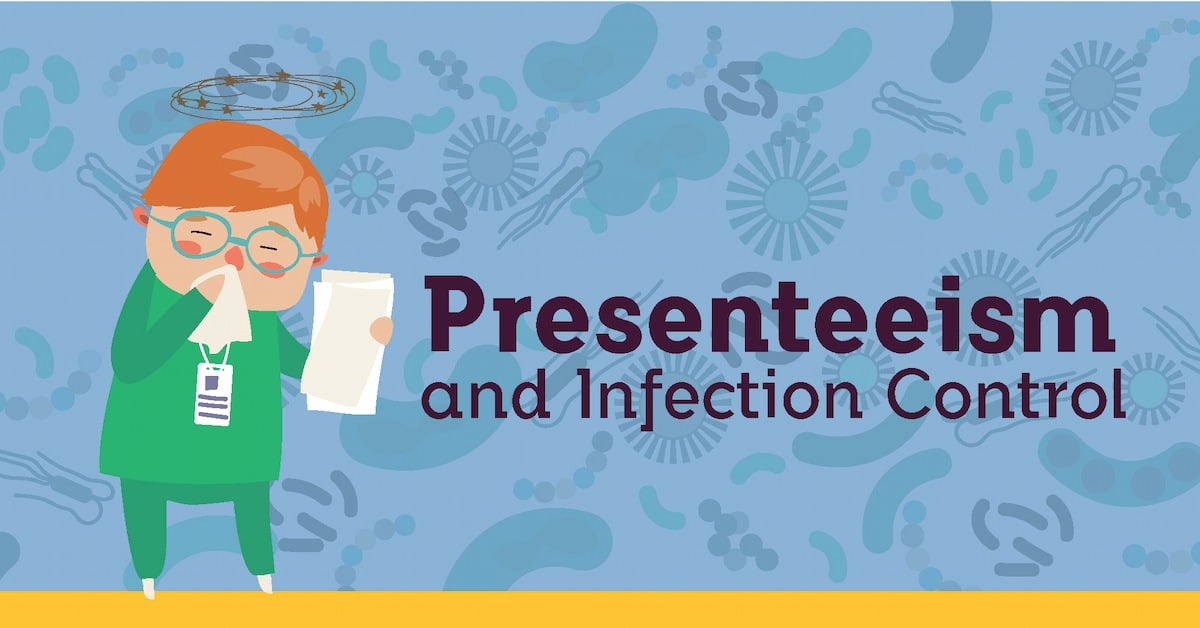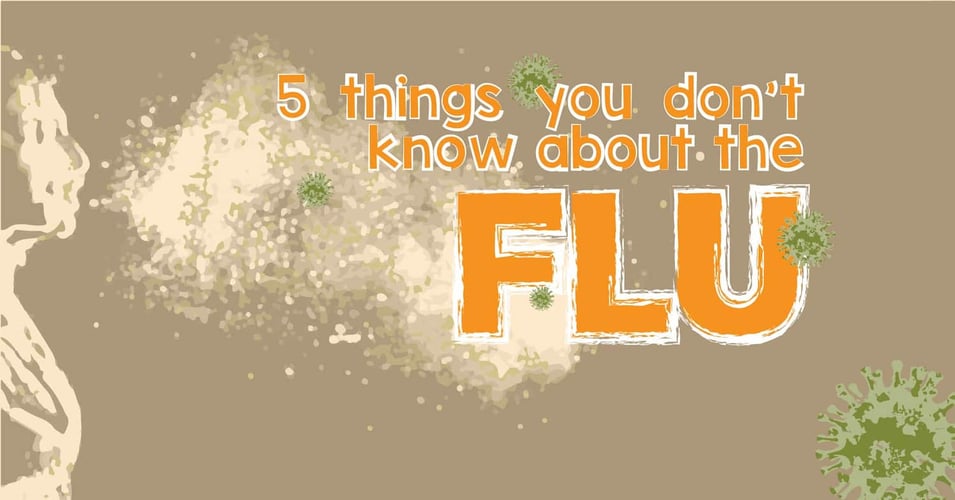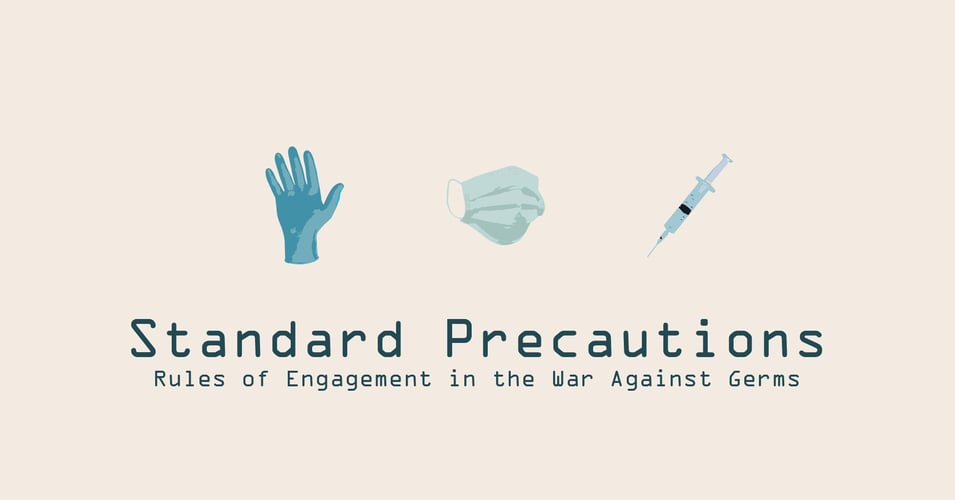Presenteeism (Working While Sick) and Infection Control

 No profession knows more about disease transmission than those working in infection control and prevention. And yet, due to a complex network of issues, professionals in IC have rates of presenteeism - working while sick - that track right alongside every other profession. On average, 80% of professionals in IC report having gone to work while sick. What pressures lead a healthcare professional familiar with the risks involved in disease transmission to go to work while sick?
No profession knows more about disease transmission than those working in infection control and prevention. And yet, due to a complex network of issues, professionals in IC have rates of presenteeism - working while sick - that track right alongside every other profession. On average, 80% of professionals in IC report having gone to work while sick. What pressures lead a healthcare professional familiar with the risks involved in disease transmission to go to work while sick?
It's a familiar scenario. We wake up with a cough, a sore throat and body aches. We think about staying home. Then we think about all the work that would pile up - and our colleagues who would have to pick up the slack. Or we think about the income we might lose, or days off we would have to spend. Professionals in infection control and prevention are no different, facing career, financial, and personal pressures that can make taking a sick day seem impossible. In a study, presenteeism in infection control was classified into three categories.
The first category describes organizational factors. While sick leave guidelines are typically well spelled-out in healthcare facilities, there may be uncertainty as to "how sick" a person should be to stay home. There may be significant pressure to come in to work if there is a prevailing culture of working while sick, both to avoid negative reactions from colleagues or from supervisors. And depending on the facility, workers may not even get paid sick leave, or may have to use vacation days before using sick days.
The second category covered in the study dealt with issues unique to the job characteristics of IC. Worries about finding coverage for a sick day can be an enormous pressure on IC professionals, who know how difficult it can be to find someone to take an extra shift or fill in for them. And even if their position can be covered for a sick day, many IC professionals prefer to work while sick rather than allow work to pile up for their return.
The third category includes pressures stemming from personal reasons unique to the individual. IC professionals are used to working hard with colleagues in a team effort under often extremely challenging conditions. As a result, they take a personal interest in supporting their team, leading them to work while sick rather than burdening their colleagues with extra responsibilities or risk having their commitment called into question. Fears of financial consequences to taking sick leave are also common in IC, with workers worried about loss of salary or sick days.
So after all is said and done about why professionals in IC have a hard time staying home when sick, a big question is "Does presenteeism lead to disease transmission?" The answer is not conclusive for all pathogens, but research seems to show that when it comes to influenza and other respiratory viruses, the answer is a definite yes. Because flu or respiratory virus carriers may be contagious without having a fever (the typical parameter for staying home), patients are at risk when these workers don't stay home. This is particularly a risk in environments with the most vulnerable patients, such as oncology, neonatal units, or long-term acute care facilities.
But before we come down too hard on healthcare workers who don't stay home when sick, we cannot forget the organizational, job-related, and personal pressures they face when deciding whether or not to call in sick. Instead of putting additional pressure on IC professionals, we should speak up and show our support for changes that would make sick days easier to take: Advocating for more sick days, encouraging investment in a larger pool of workers, and ensuring that work culture does not penalize individuals who stay home. We can show solidarity with IC professionals everywhere when we speak up for their rights to take care of themselves at least as well as they take care of us!
Editor's Note: This post was originally published in December 2019 and has been updated for freshness, accuracy and comprehensiveness.
![EOScu Logo - Dark - Outlined [07182023]-01](https://blog.eoscu.com/hubfs/Eoscu_June2024/Images/EOScu%20Logo%20-%20Dark%20-%20Outlined%20%5B07182023%5D-01.svg)




